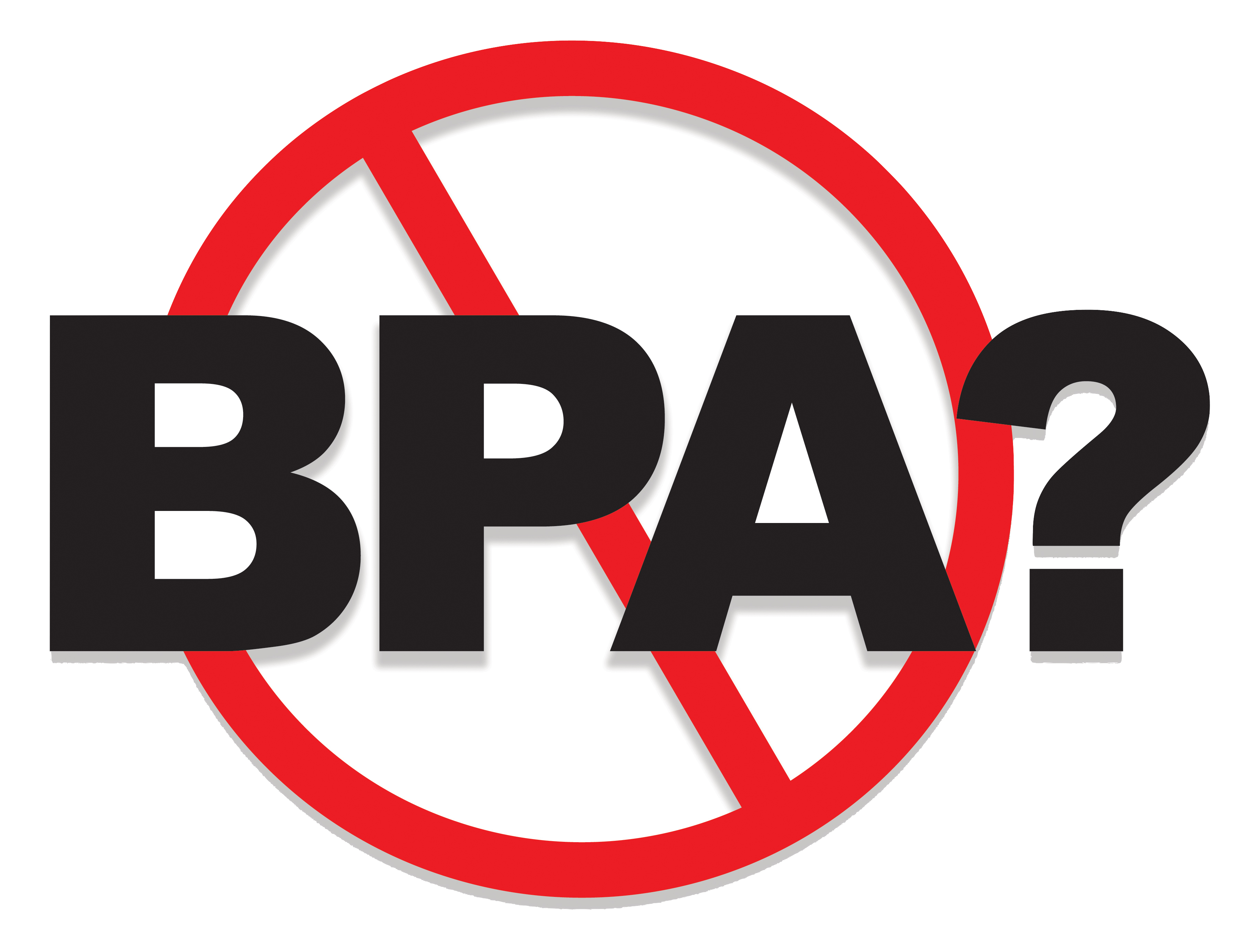Today we currently try and protect our children, toddlers and babies from BPA but what about adults? Does BPA have and detrimental effect on the adult population?
New research carried out at the West Virginia School of Medicine has confirmed previous research findings that Bisphenol A (BPA) which is used in many plastic consumer products like drink bottles and containers may lead or contribute to type 2 diabetes.
Researchers examined 3,516 people using the National Health and Nutritional Examination Survey of 2003-2008. Urinary samples were used to compare the BPA concentration and the fasting glucose levels to determine if there was a correlation between a higher BPA concentration and pre-diabetes.
The researchers used the following parameters as a standard to determine a pre-diabetic condition:
Fasting glucose 5.5 – 6.6 mmol/l and two hour glucose levels 7.7 – 11.0 mmol/l or glycated hemoglobin (A1C) value of 5.7-6.4%
The researchers eliminated other possible factors in diabetes such as weight, cholesterol levels, blood pressure and alcohol consumption.
The results were startling. It was found that those subjects with BPA levels in the highest third of measured concentrations in the urine samples had an average of a 34% increased incidence in the pre-diabetic condition in terms of their glucose or A1C levels.
To read the full research paper follow this link.






